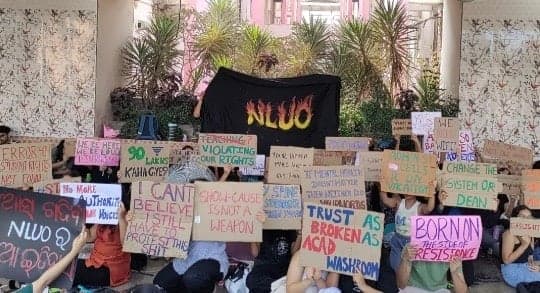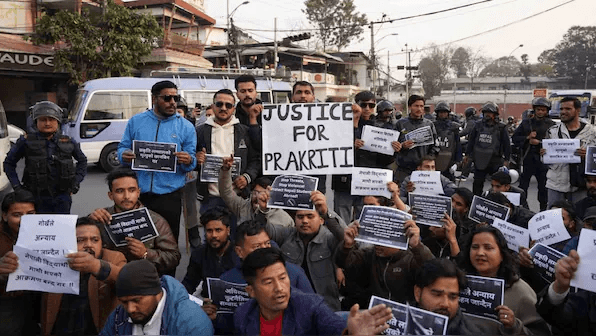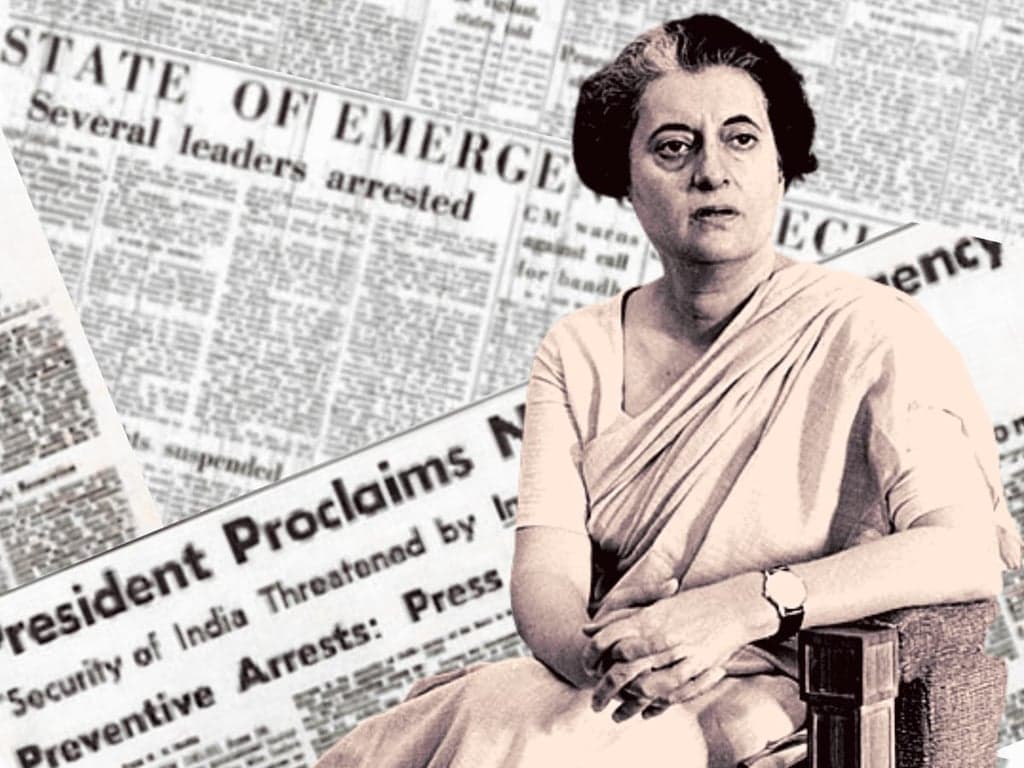
Protests in Bangladesh began due to frustration over a quota system that reserved 56% of government jobs, including 30% for descendants of those who fought in the 1971 War of Independence. This system made it difficult for many young people toget civil service jobs, leading to widespread discontent. In 2018, Prime Minister Hasina abolished the quota system under pressure,but in June 2024, the country's high court declared the move illegal, sparking newprotests. In July, the situation escalated asstudents and faculty in public universitiesthat could cut their salaries.
Initially peaceful, the protests in Bangladesh escalated after Prime Minister Hasina's speech, where she labeled students as "rajakaar," a term for pro-Pakistan collaborators. This inflamed tensions, leading to violent attacks by the Bangladesh Chhatra League, the armed wing of the ruling party, with police support. The controversial Rapid Action Battalion was also deployed After a video of the first victim, university student Abu Sayeed, spread online, more people joined the protests prompting a harsher crackdown. Around 266 people, mostly students and 32 children, were killed. The government closed schools, imposed a curfew, cut communication, and arrested student leaders.The crackdown only fueled a total noncooperation movement and a massive uprising demanding Hasina's resignation. As thousands of protesters marched to Dhaka, defying the curfew, the prime minister resigned and fled the country.
Shortly after Hasina fled Bangladesh, Army Chief General Waker-Uz-Zaman announced that the military would form an interim government and urged protesters to stand down. However, news of Hasina's escape in a military aircraft sparked further unrest.
Protesters stormed her residence, looting items, including her bras and sarees. A viral photo on social media showed a protester flaunting the stolen bras, while videos captured others taking and boasting about looted items. Hasina reportedly fled to India, landing at Hindon airbase near Delhi, with rumors that she would soon fly to London, though no official confirmation has been given.
The events in Bangladesh show the serious issues the country is facing, from the problems with the quota system to the rise of protests and outside influence.
Now that the military is in control and the world is watching, the future of Bangladesh's politics is unclear.
Written By Aaryan Majumdar


